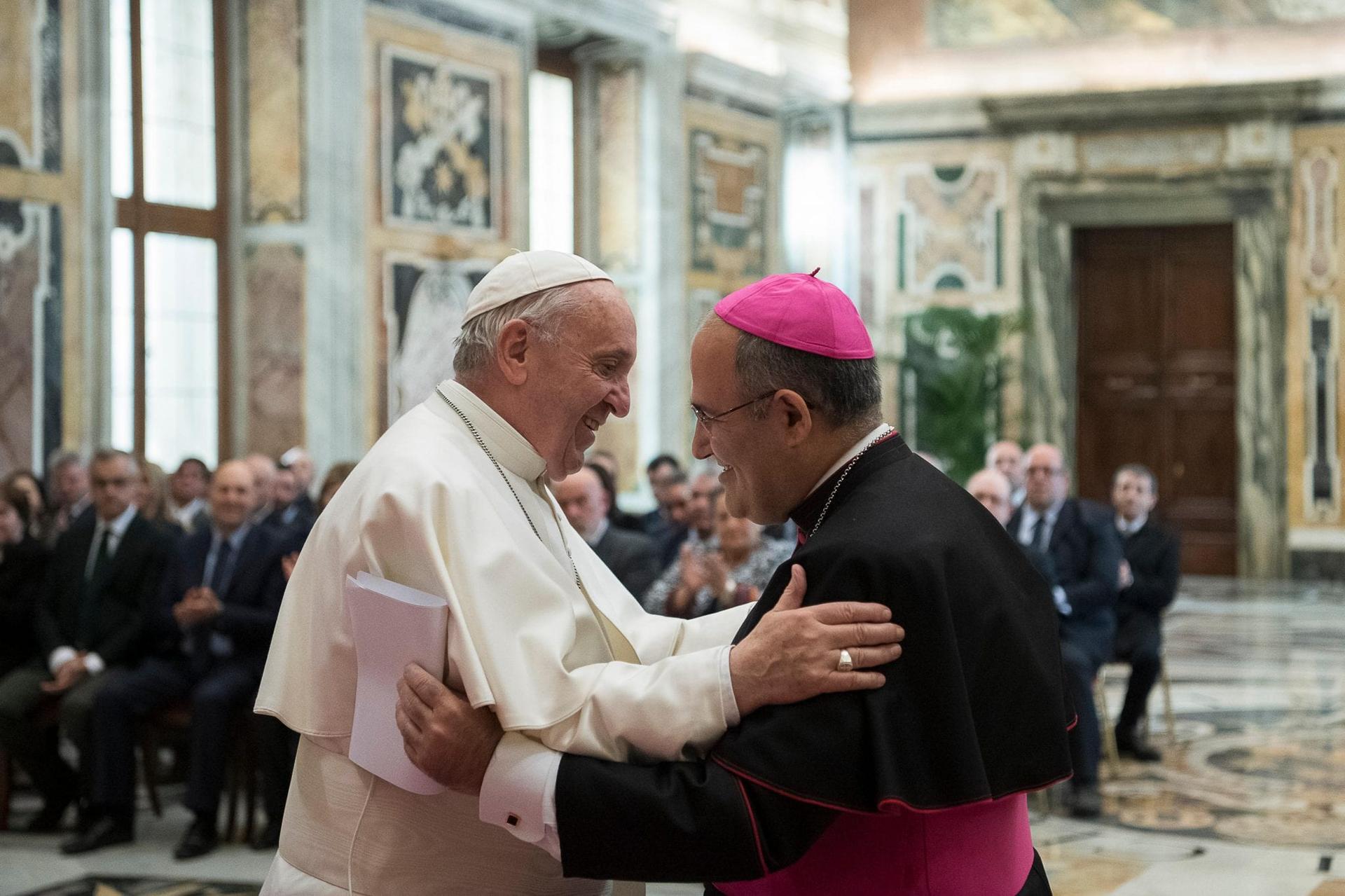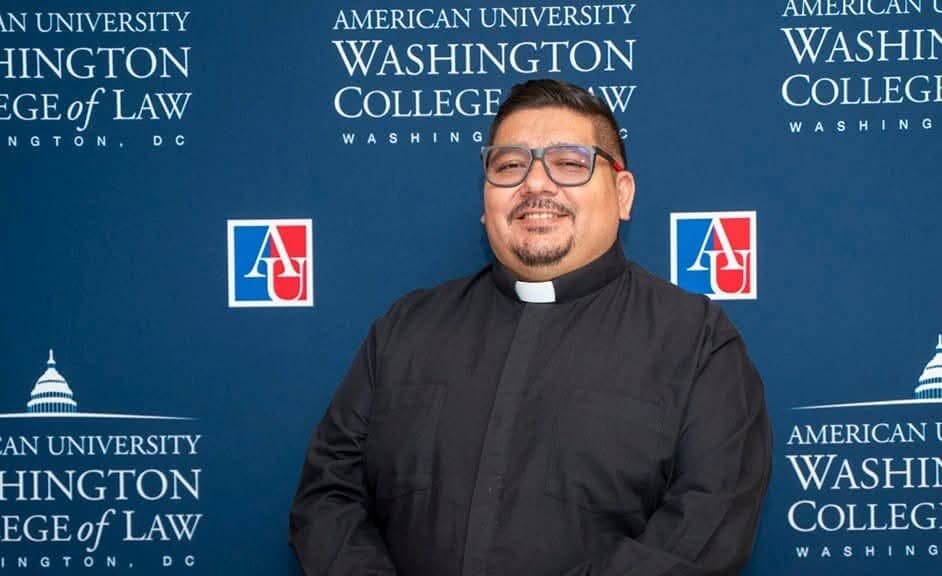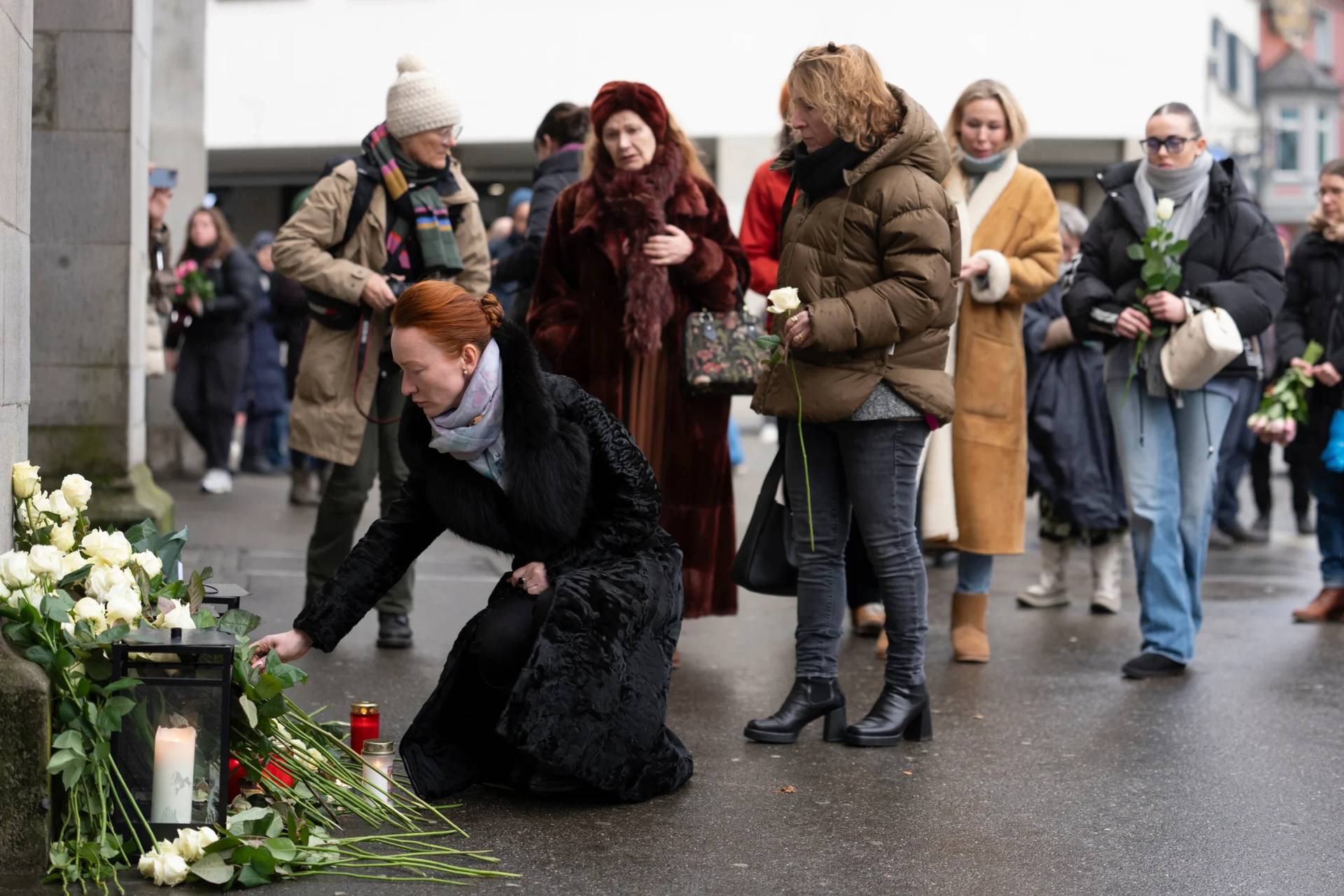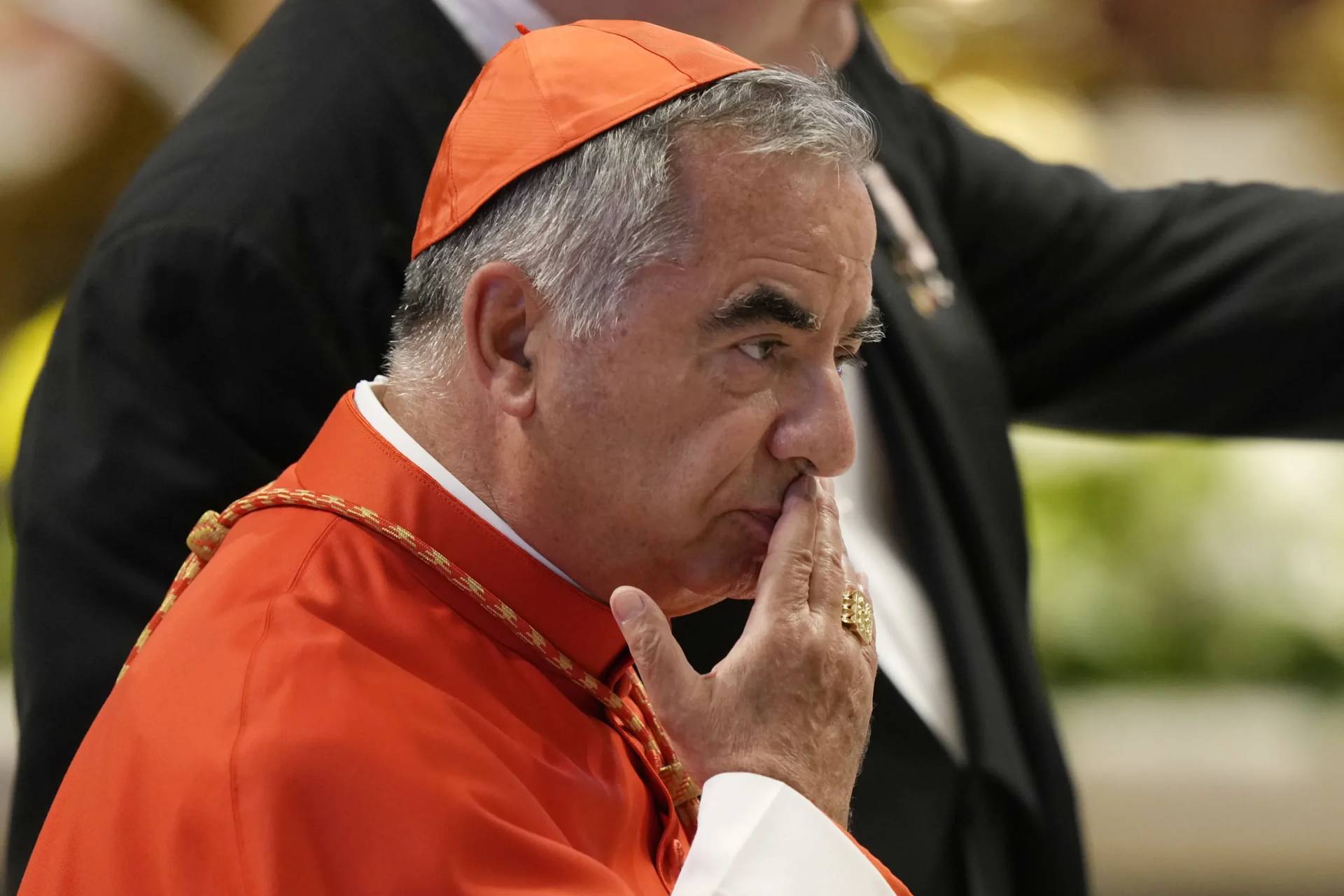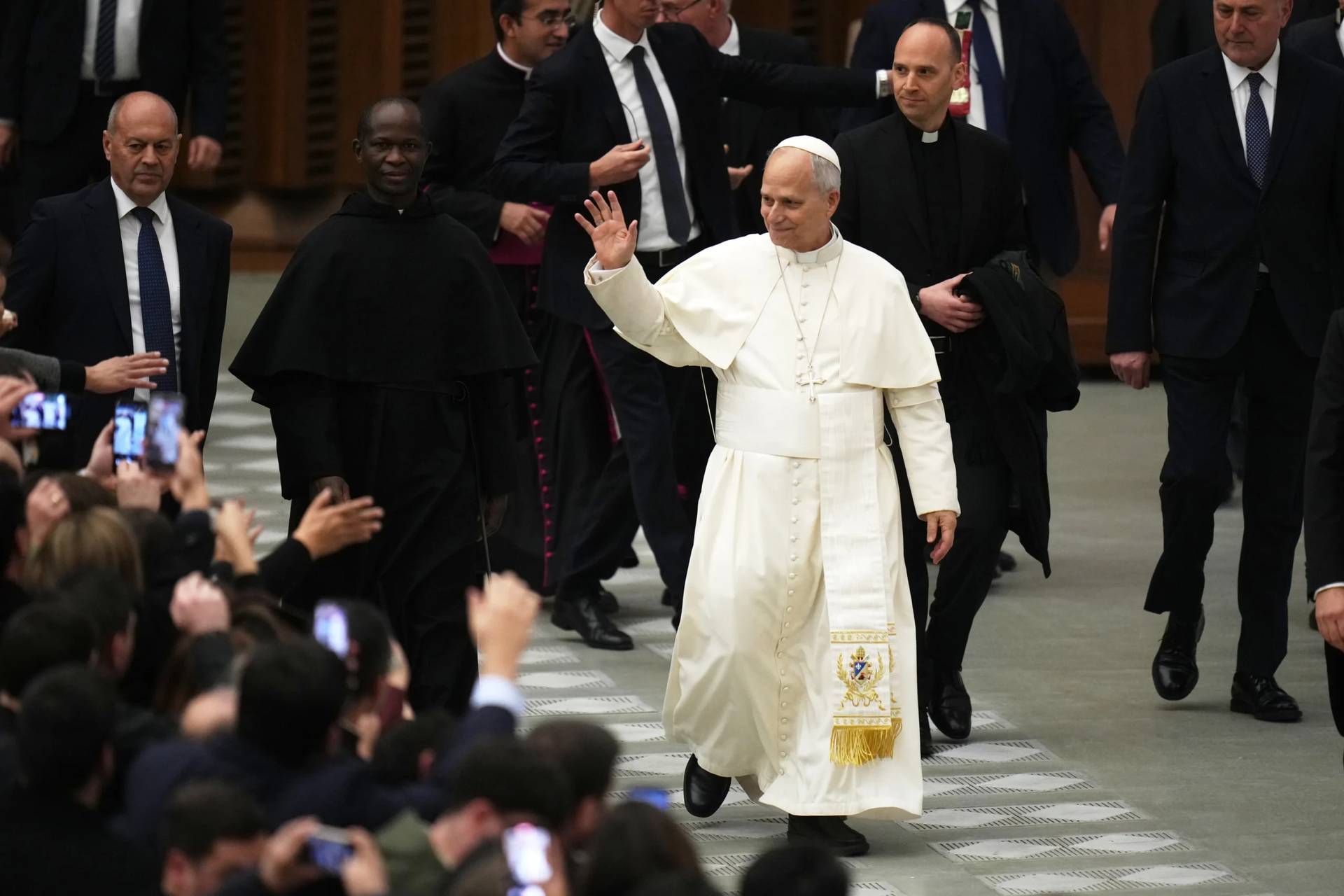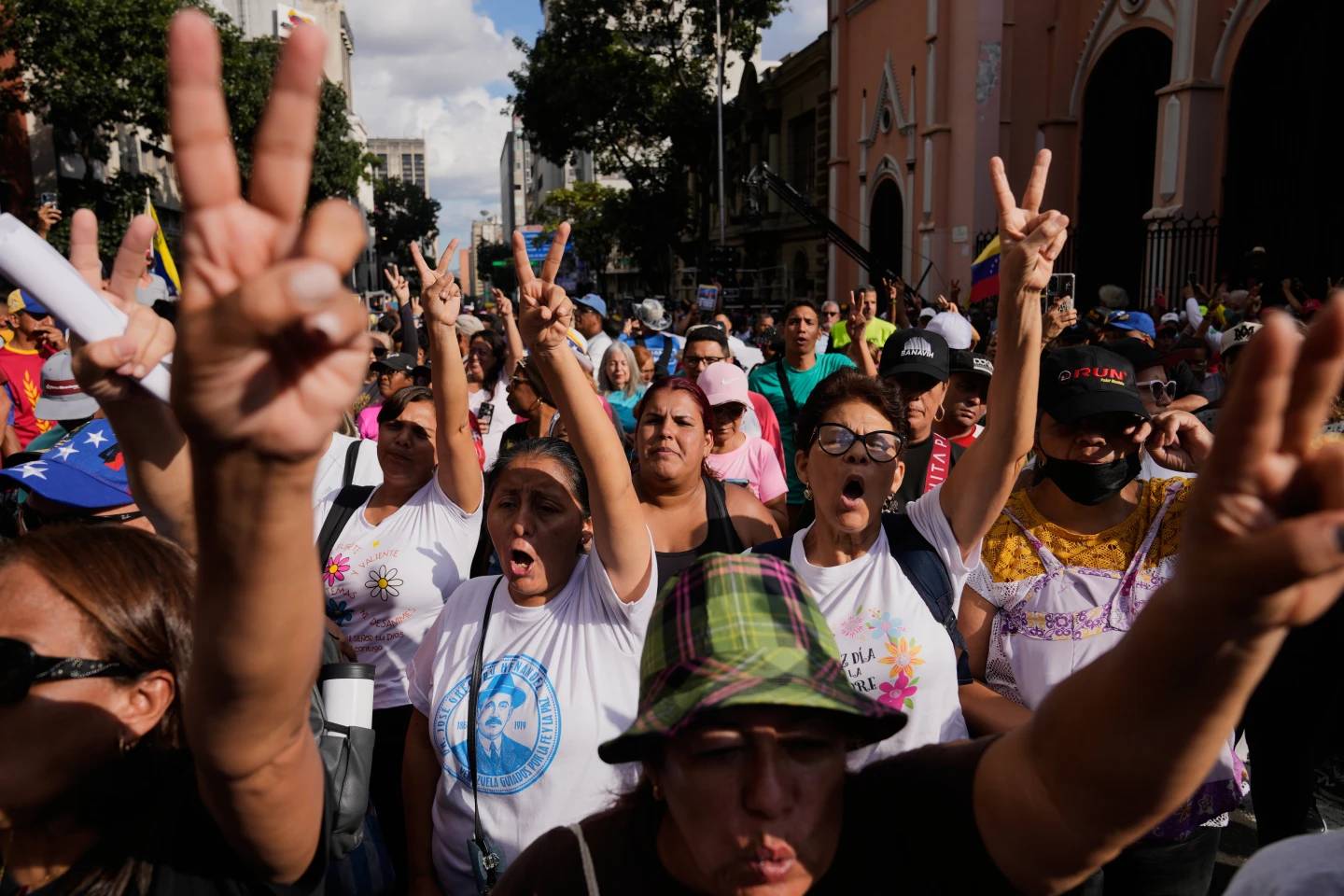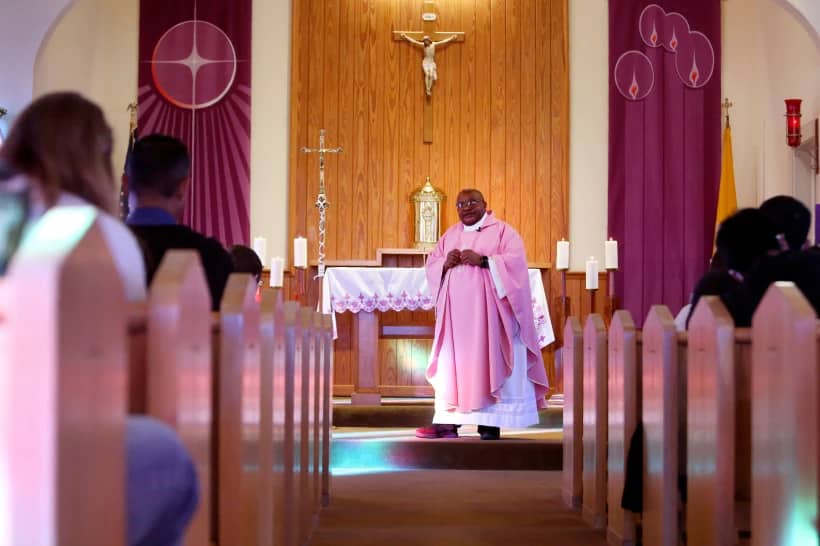ROME – On Monday Pope Francis issued a new norm changing the name of the Vatican’s “Secret” Archive on the basis that the term has been misinterpreted in modern linguistics and fails to communicate the purpose of the historical collection.
In a new motu proprio, meaning a legal document issued on the pope’s own authority, Francis formally changed the name of the Vatican Secret Archives to the Vatican Apostolic Archives, insisting that “with the progressive semantic changes that have occurred in modern languages and in the cultures and social sensitivities of different nations,” the word “secret” in the title “began to be misunderstood, to be colored with ambiguous, even negative shades.”
Referring to its former Latin title, the Archivum Secretum Vaticanum, the pope said the term “secretum,” originally carrying a meaning closer to “private,” has in some cases “assumed the prejudicial sense of being hidden, not to be revealed and to be reserved for a few.”
This, he said, is “the complete opposite” of what the Vatican archives was intended to be: a place that “preserves the echoes and vestiges of the passage of the Lord in history.”
“And the Church,” he added, “is not afraid of history, but loves it, and would like to love it more and better, as God loves it!”
Located inside the Vatican walls, the archives are estimated to contain some 53 miles of shelving with around 1.1 million printed books, various historical documents and some 75,000 codices from different periods of history, as well as numerous pieces of sacred art.
Long the center of conspiracy theories about the Vatican, the archives contain the Holy See’s official paperwork in addition to formal correspondence and other information related to the pope. For example, among the various historical texts included in the Vatican’s collection are documents from Mary, Queen of Scots, and the letter detailing Martin Luther’s excommunication.
They also contain documents related to Pope Pius XII, the controversial World War II-era pope, and the contents of the three “secrets” of the Fatima Marian apparitions.
Controversy over Pius XII has long been a sore spot for the Vatican, which defends his silence on the Holocaust as a means of protecting the Jews who took refuge in Vatican properties during the war. In a move that could clarify some of these lingering questions, Francis earlier this year announced that as of March 2, 2020, he would open the Vatican archives on Pius.
RELATED: Vatican to open archives on World War II-era Pope Pius XII
As the archives historically were considered the pope’s private collection, not even Christian scholars were allowed to access the archive until 1881 when Pope Leo XIII opened them up to researchers.
They are now a source of study to select researchers who request access to certain documents, as well as other Vatican departments, such as the office for the Causes of Saints, which studies certain texts related to a person’s personal holiness.
Signed Oct. 22 and released Oct. 28, the pope’s new norm goes into effect immediately.
Follow Elise Harris on Twitter: @eharris_it
Crux is dedicated to smart, wired and independent reporting on the Vatican and worldwide Catholic Church. That kind of reporting doesn’t come cheap, and we need your support. You can help Crux by giving a small amount monthly, or with a onetime gift. Please remember, Crux is a for-profit organization, so contributions are not tax-deductible.
